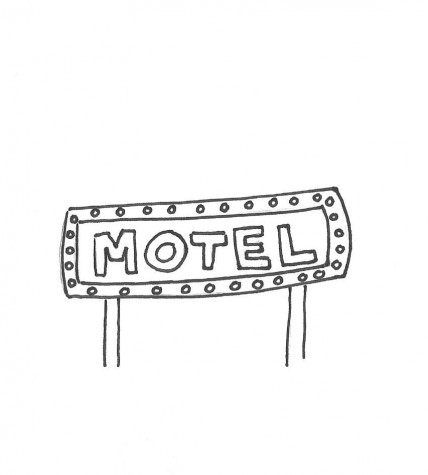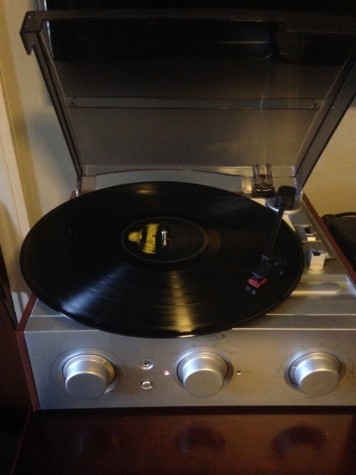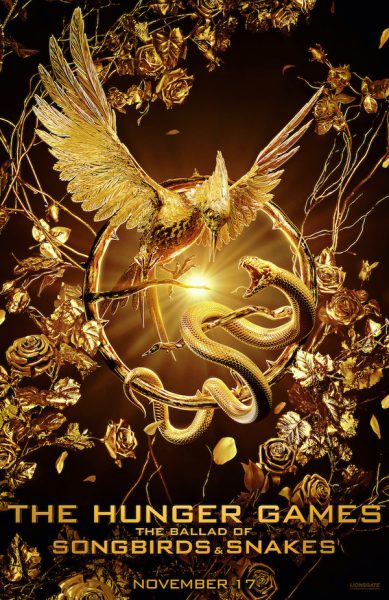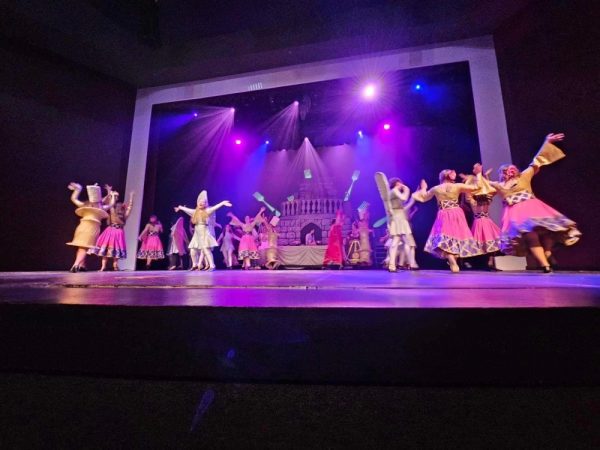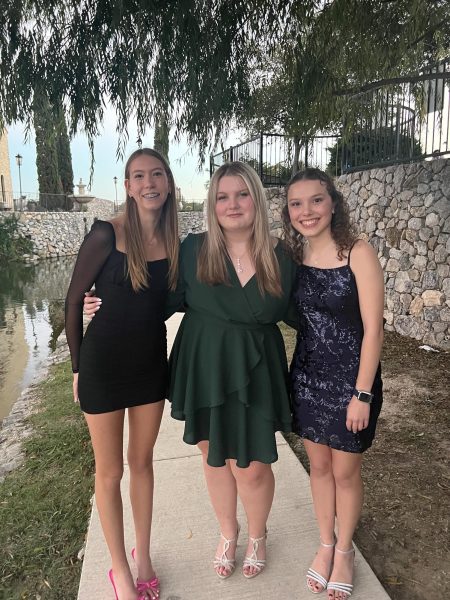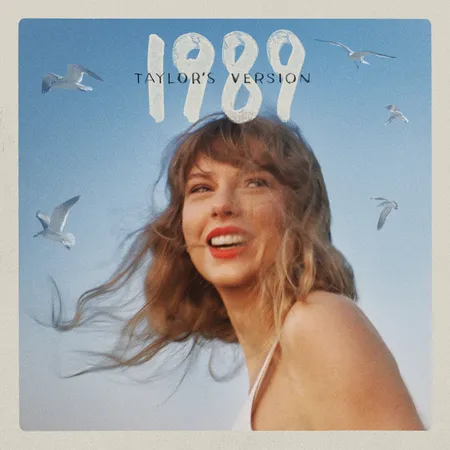Signs of love
I caught a glimpse of her chestnut brown hair and soft, childlike eyes. Her gaze was fixed on something, but I couldn’t figure out what it was.
I remember gripping my spiral notebook firmly. I remember my heart pulsating with every step she took towards me. But most of all, I remember an unmitigated desire to find out who she really was behind those innocent eyes and misconstrued reputation.
The first story I was assigned was on a deaf teen mom. The words “teen mom” immediately created a stereotypical misconception of her. I have never thought of myself as the slightest bit shallow or judgmental, so it appalled me that I felt this way, even momentarily.
This was my first big story, and as a novice staff writer, I had no idea how to approach it. I felt like a stunt woman forced to walk across an elevated tight-rope with no guarantee of seeing the other side. But deep in the well of my intellect, I held on to something with which no stunt woman identified – an irrevocable passion for writing. That passion made me feel secure, even invigorated, in this unfamiliar territory.
“Hi, I’m Priyanka, thanks for meeting me.” Her eyes met mine and our smiles formed with mutual gratitude.
I turned to her friend who would be translating and thanked her for her time.
Even though I knew she was unable to hear me, I couldn’t help but look directly at her when I spoke. There was a twinkle in her eye – a soft, pure quality that I seldom found in others.
“Can you tell me about your family?” I asked gently.
She began telling me about her relationship with her mother and four sisters, but stopped suddenly and looked up at me with hesitant eyes. “My dad was operating a bulldozer for construction.” She averted my gaze, and her eyes welled up with tears. I had a sudden urge to do something, to comfort her. “But he was not very experienced and lost control of the brakes.” She took a deep breath. She didn’t say anything more. She didn’t have to. Her eyes revealed how broken she felt.
I searched for the right words to console her with, but decided it was better to stay quiet. No words would be adequate to the pain she must be feeling right now. We both took a few minutes to recover, avoiding eye contact. Then she went on to tell me about her daughter.
I had never seen a teenager speak with such maturity – she didn’t seem like a 17-year-old anymore. From the moment she started talking, I began to see her daughter from her eyes and fell in love with her the same way. I realized that her love for her then 6-month-old daughter was her strength, her motivation and her reason for never giving up.
“I just want the best for her,” she said. And I knew she meant it, more than anything in the world.
After the interview, I rushed to my next class, distracted and disconcerted. For the next few days, I couldn’t take my mind off of her and her story. Walking into school that morning, I had expected to write a story – and I did. I have been writing stories since I was a child. Whether they centered on abstract ideas, imaginative places or me, my stories were just my way of expressing myself and my viewpoint. Writing to capture someone else’s story and his or her life was something I had only done for fictional characters. At least at the end of a fictional novel, the reader discovers the makings of the protagonist, or the moment shaping the character’s identity.
However, fictional characters are nevertheless fictional – their lives story bound, make believe. Just like that, my stories would drift away from my thoughts, retreating to the safety of my computer. But this story was about a real person, a real life and a real struggle. It could not escape me. I did not want it to escape me.
I was heartbroken knowing her struggle as a deaf teen mom without the assistance of her family. But I was more amazed by her indomitable strength of character and determination that she not only applied to her life, but also to her daughter’s.
She didn’t hide. She didn’t run away. She didn’t pretend to be someone she wasn’t. She worked every day to find the right balance in her life, refusing to back down.
After the story was published, people started to see her in a different light – they saw her for who she really was. That was all I wanted as a journalist. I wanted to do her story justice.
Before, I didn’t know what I wanted. I didn’t know who I was. But now, my purpose had clarity and I realized how much I loved being a part of the newspaper staff and the potential it has in our community. Having the opportunity to meet people who I probably would have never met otherwise and personally hearing their stories is life-changing. Everyone has a story to tell, and that story is always worth searching for.
Your donation will support the student journalists of Plano Senior High School. Your contribution will allow us to purchase equipment and cover our annual website hosting costs.
Senior Priyanka Hardikar is looking forward to her second year in newspaper, this year as an editor. As online editor, she hopes to take the online publication...





